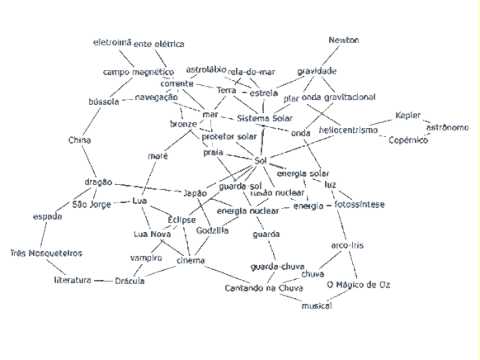DBT is a short-term and research-based therapeutic model that focuses on helping people to manage emotions that may be intense and painful. Often, alcohol may be used as a method of coping, or self-medicating, emotions that are difficult, such as anxiety or depression. Alcohol can temporarily soothe troubling thoughts and serve as a way to escape from reality.
The authors concluded that each individual in DBT treatment utilized almost $6,000 less in total services in the year following DBT treatment as compared to the year prior to DBT. In their sample of 41 clients, the total cost decrease was nearly a quarter of a million dollars. Interestingly, the authors also concluded that the cost of providing DBT treatment was not statistically different (actually, about $400 less) than the average outpatient costs from the year before DBT. DBT can be provided by a range of mental health professionals including psychologists, psychiatrists, licensed clinical social workers (LCSW), licensed marriage and family therapists (LMFT), and licensed professional counselors (LPC), among others. It is recommended that people seeking treatment find a licensed mental health professional who has completed a specialized DBT training or certificate program.
This Program Provides
It is continually aimed at balancing opposing forces and investigating the truth of powerful negative emotions. For example, some people attend one-on-one dialectical behavioral therapy therapy sessions without participating in weekly skills groups. Others may decide to meet with the group without consistent one-on-one sessions.

Dialectical behavior therapy is based on cognitive behavior therapy (CBT). CBT has a long track record of success, with hundreds of studies confirming its effectiveness. For example, many people with BPD grew up in an invalidating environment and tend to experience emotions intensely. Living in an environment where you don’t have support or acceptance of your needs can perpetuate or worsen those symptoms. If you’re looking to build skills like mindfulness and emotional regulation in therapy, DBT could be a good option for you.
Beyond the usual suspects for healthy resolutions
DBT is an evidence-based treatment program designed to help people with mental health conditions who have problems regulating emotions. The primary dialectic within DBT is between the seemingly opposite strategies of acceptance and change. For example, DBT therapists accept clients as they are while also acknowledging that they need to change to reach their goals.
Read on to learn more about the use of DBT for addiction and how it is a form of therapy which is often used during treatment for alcohol. Wagner, T., Fydrich, T., Stiglmayr, C., Marschall, P., Salize, H. J., Renneberg, B., … & Roepke, S. Societal cost-of-illness in patients with borderline personality disorder one year before, during and after dialectical behavior therapy in routine outpatient care. To date, there have been nine published randomized controlled trials and five controlled trials of DBT (view all publications). Two of these trials (carried out in our research clinic) specifically targeted highly suicidal women with BPD, and we are in the midst of a third trial targeting the same population. In our first study, results favoring DBT were found in each DBT target area.
DBT Treatment Stages
Therapists who facilitate DBT groups are specifically trained on providing effective treatment. The first step in finding if dialectical behavioral therapy is right for you is to talk with your doctor and mental health provider, who can evaluate your symptoms, treatment history, and therapy goals. In DBT, the patient and therapist work to resolve the apparent contradiction between self-acceptance and change to bring about positive changes in the individual in treatment. Part of this process involves offering validation, which helps people become more likely to cooperate and less likely to experience distress at the idea of change. Patients are asked to keep a diary tracking their emotions and impulses, a tool that helps them gain awareness of their feelings, understand which situations are especially problematic for them, and use the information to gain control over their own behavior.
- This is often a 2-hour, weekly meeting that teaches you the above four modules.
- One section contains space for you to rate your urges to use destructive behaviors — like self-harm or substance use — while the other contains a list of DBT skills for you to check off as you practice them.
- Meyers and colleagues (2014) found that veterans who received DBT treatment had significantly decreased the use of outpatient mental health services in the following year by 48%.
- Each patient has a primary psychotherapist with whom he or she meets weekly in ongoing individual sessions.
- Calls typically focus on decreasing suicide risk behaviors and increasing application of skills to everyday life.
Cómo citar: Conogasi, A. (2020, 24 de Noviembre ) Dialectical Behavior Therapy DBT: What Is It?. Conogasi, Conocimiento para la vida. Fecha de consulta: Octubre 10, 2025
Esta obra está disponible bajo una licencia de Creative Commons Reconocimiento-No Comercial Compartir Igual 4.0





Deja un comentario
Sé el primero en comentar!